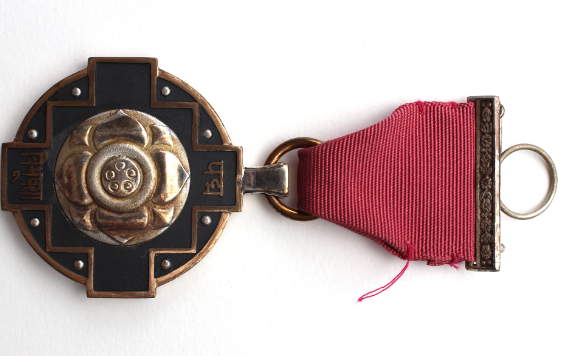Context:
India’s first female elephant mahout, Parbati Baruah, tribal environmentalist Chami Murmu, and social worker from Mizoram Sangthankima are among the 32 recipients of India’s fourth highest civilian honour, the Padma Shri award.
Padma Awards:
- Padma Awards are one of India’s highest civilian, which were instituted in the year 1954.
- It is announced every year on the occasion of Republic Day except for brief interruption(s) during the years 1978 and 1979 and 1993 to 1997.
- The President of India presents the awards.
- The Award recognizes excellence in public service-related activities and disciplines.
- The award does not confer a title and cannot be used as a suffix or prefix to the recipient’s name.
1. Padma Vibhushan: for exceptional and distinguished service.
2. Padma Bhushan: for distinguished service of a high order.
3. Padma Shri: for distinguished service.
Eligibility:
- These prizes are open to all individuals, regardless of race, occupation, position, or gender.
- A person can receive a higher category of Padma award after at least five years from their previous award.
Not eligible:
- Government employees, including those working for PSUs, are not eligible for these Awards, except doctors and scientists.
- The prize is usually not given posthumously. However, in particularly deserving circumstances, the government may consider making an award posthumously.
Nomination process:
- All nominations received for the Padma Awards are placed before the Padma Awards Committee, which is constituted by the Prime Minister every year.
- The Padma Awards Committee is headed by the Cabinet Secretary and includes the Home Secretary, the Secretary to the President, and four to six eminent persons as members.
- The recommendations of the committee are submitted to the Prime Minister and the President of India for approval.

